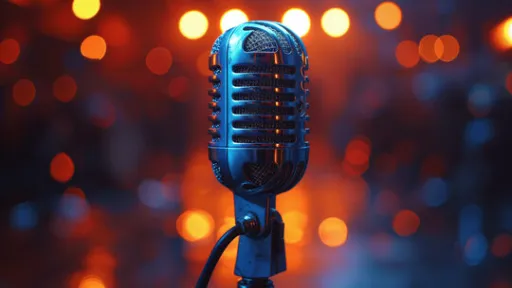
In the hush of a traditional gathering or the roar of a modern stage, Kwivuga thrives. It is not just spoken; it is felt. A drumless rhythm born of ancestral pride and poetic fire, Kwivuga continues to resonate across Rwanda and parts of western Uganda, carrying centuries of wisdom, wit, praise, and resistance on its back.
Rooted in the oral traditions of the Banyarwanda and the Banyankole, Kwivuga is a lyrical rite of passage, a blend of storytelling, performance, and verbal artistry. Once the domain of elder men at weddings or community ceremonies, this cultural practice is undergoing a renaissance. Today’s performers are not merely older custodians of tradition but also bold, young voices, many of whom are women, who are reshaping its purpose while honouring its roots.
“It’s not just about the words,” says Kigali-based cultural historian Aimé Uwimana. “It’s about rhythm, pride, and a deep awareness of where you come from.”
Indeed, Kwivuga is a form of soul talk. In the past, it was performed to toast newlyweds, offer wisdom, honour elders, or even critique with clever lines and metaphors. In its modern evolution, it has taken on new stages, including poetry collectives, arts festivals, Instagram reels, and TikTok feeds.
For poet Sonia Uwase, Kwivuga is ancestral, a bridge across time. “When I perform, it feels like I’m drawing from the voice of my forebears,” she says. “It’s a way to honour where we come from and pass that pride on.”
Urban hubs in Rwanda’s capital, Kigali, have become fertile ground for revival. Through platforms like Spoken Word Rwanda, Imfura Arts Collective, and the Ubumuntu Arts Festival, Kwivuga is finding new life. No longer confined to heritage events, it now addresses topics such as gender, healing, mental health, and identity, giving the form fresh relevance for today’s world.
“Kwivuga is a form of protest, of healing, of remembering,” says Cedric Habimana, co-founder of a youth arts collective. “It’s how we say, ‘We are here—and we matter.’”
In Uganda, too, the art form is thriving. Events like Kwivuga Poetry Night in Kampala have become staples of the city’s cultural calendar. Artists such as Slim MC, Jason Ntaro, and Rwanda’s own Eric 1-Key have elevated it into a celebrated performance art. Whether through freestyle bursts or deeply rehearsed verses, these nights testify to Kwivuga’s ability to unify, entertain, and inspire.
Social media has only amplified its reach. What once required a physical audience now takes just 30 seconds and a smartphone to go viral. Through short video clips and live streams, Kwivuga is travelling further than ever, connecting diasporas, reshaping cultural conversations, and inspiring pride among African youth around the world.
In Rwanda, where national identity continues to evolve in the wake of reconciliation and renewal, Kwivuga has become more than art, it’s cultural balm. “In a time when global content floods our screens, Kwivuga offers a distinctly Rwandan response to self-expression,” says Dr. Beatrice Mutabazi, a lecturer at the University of Rwanda. “It nurtures emotional intelligence, cultural pride, and collective memory.”
Uganda shares this vision. For many educators and cultural practitioners, Kwivuga is seen as a tool for teaching not only history but also confidence. There is even talk of incorporating it into school curricula to help young people speak up, think critically, and connect with their roots.
Because Kwivuga is not a relic, it’s a living language, a conversation between generations. It adapts, shapeshifts, and evolves, but it never forgets. And as long as there are voices to speak and ears to listen, it will continue to tell the story of where we have been and where we are going.